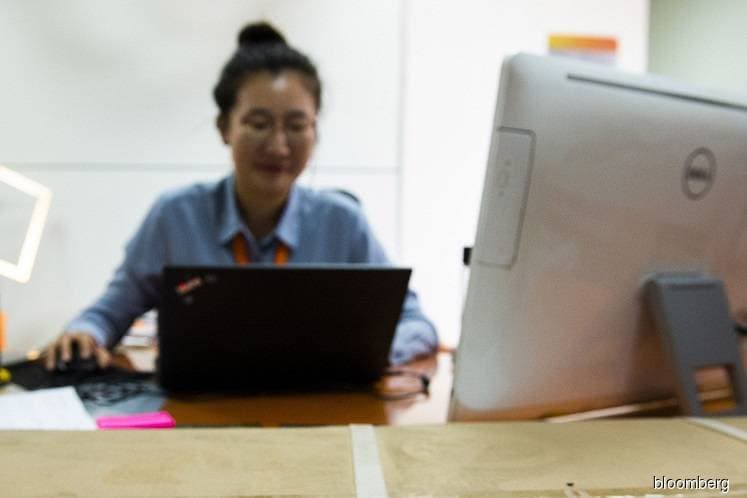
(June 17): New demand for office space is correlated with economic growth levels and, as such, take-up levels may be significantly affected. This means that tenants willl continue to hold the upper hand in negotiations and occupancy rates of recently completed projects will take longer to stabilise, according to Savills China in its “Coping with Covid-19 – China Office” report.
Tenants will also need concessions such as face rent reductions, extended fit-out/rent-free periods or subsidies for capital expenditure.
State-owned enterprises, which are in essential services, were given the priority to resume operations. These companies may have better access to credit lines or move their operations to online platforms.
“Small and medium enterprises, which have been struggling for years under financial de-risking and tend to have limited cash reserves, may be overlooked to in the rush to get the economy back to its feet. Some 460,000 Chinese firms closed down in 1Q20 (the first quarter of 2020), while registration of new firms dropped 29% year-on-year.
“Multinational corporations may either experience acute stress, bankruptcy or a retreat to core markets. Alternatively, they could look to double down on the China market as the economy starts to recover and eventually open up to investments,” it said.
According to Savills China, companies involved in trade and manufacturing, travel, leisure and hospitality will be impacted over the near term, and they tend to reduce operational cost. Other sectors such as finance, technology, healthcare and pharmaceuticals will be less affected, and some may experience growth potential due to the Covid-19 outbreak or reforms.
“These trends have obvious implications for occupier demand. International Grade A offices will benefit from leading financial, technology and healthcare/pharmaceutical firms, while Grade B offices with a higher percentage of SME tenants may struggle in the short term.”
Meanwhile, online tools such as Zoom and Microsoft Teams are expected to see more permanent work-from-home (WFH) situations. “Productivity, however, will experience a sharp decline after the novelty of WFH wears off. Hybrid models for employees could be a solution, and this could result in the rise of hot-desking and, consequently, a reduction in office demand over the long term,” said Savills China.
Nevertheless, the change in management styles and the more decentralised approach may not be applicable to all employers or employees. “Some teams may require the social/emotional/creative environment provided by a centralised office environment, while some employees may live in small homes or multigenerational households and appreciate the opportunity to come to the office. Some employers may prefer to micromanage employees or feel that leadership can only be achieved via regular face-to-face interactions,” it added.
The economic slowdown will lead to an increase in bankruptcies and unemployment in the short term. “However, those that survive should be potentially more innovative, having adapted rapidly to changing business conditions to survive. Simultaneously, changing business and consumer behaviour may provide new business and start-up opportunities,” it said.
The report also noted that flexible workspace operators might be one of the biggest casualties of the outbreak. It may also be one of the biggest long-term beneficiaries. The sector has continued to evolve since the emergence of co-working spaces, and there are now many different operators, tenant profiles and business models.
“As companies in the long term adopt new technologies and see benefits of short lease terms for greater flexibility and space efficiency during uncertain times, flexible working spaces will continue to be an attractive option,” said Savills China.